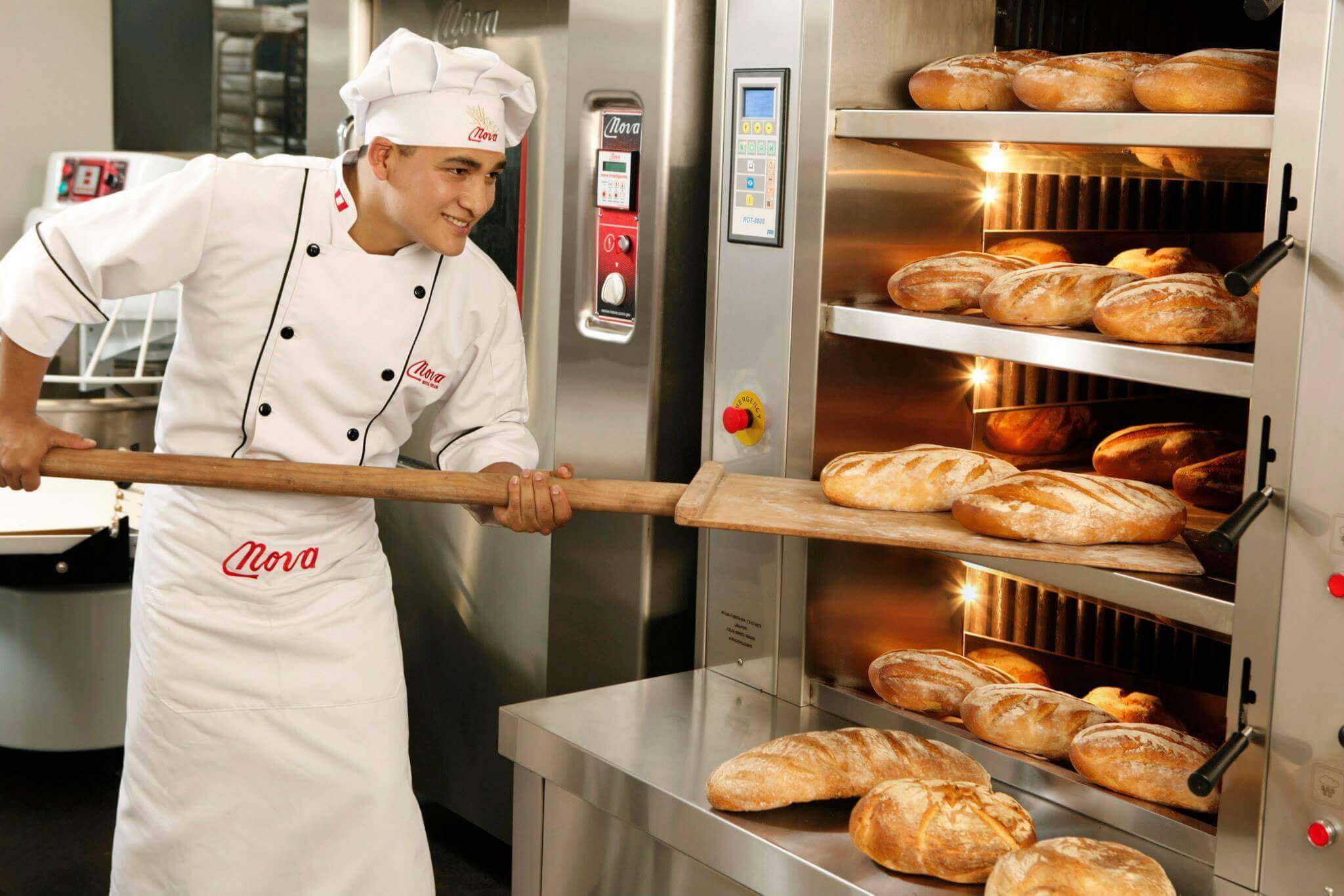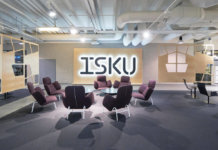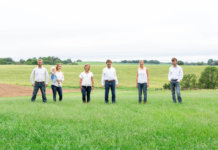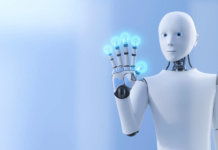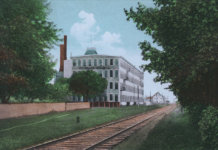Inspired by his boyhood experiences as an assistant to the local blacksmith, engineer Máximo San Román built a business developing machines for kneading, baking and slicing bread. However, he credits his success to his partnership with his wife Irene. When the couple founded their company, Nova, in 1979, they lacked both the capital and the tools required to bring their dream to fruition. What they did have were ingenuity, drive and passion.
Today, with 40 years of experience and customers in over 30 countries, empowering other entrepreneurs is as essential to Nova as continuously improving their custom-made machines.
Tharawat Magazine spoke with Máximo San Román about the importance of acknowledging mistakes, Nova’s philanthropy and the joys of working together as an integrated family unit.
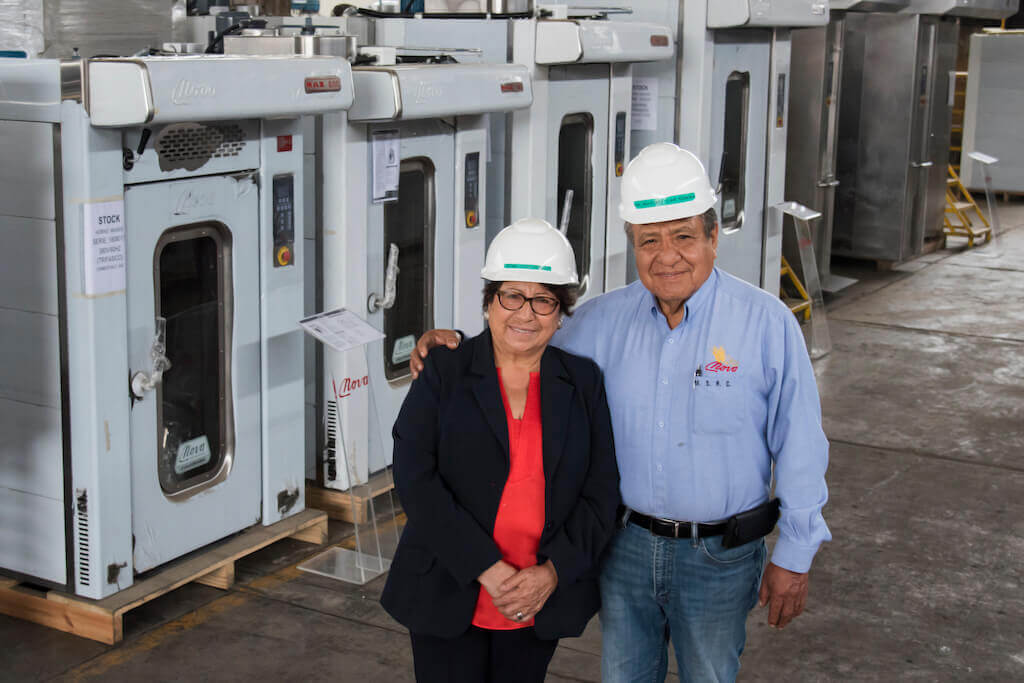
Can you tell us how you and your wife began your entrepreneurial journey together?
Irene is Huancaína, and I am Cusqueño. We both came to the capital, Lima, to study in search of a better future. I chose to pursue a mechanical engineering degree without knowing exactly what it entailed. As a boy, I was a blacksmith’s assistant and enjoyed the process of working raw material into something useful – engineering appealed to me for this reason.
My studies at the National University of Engineering were life-changing. I was able to hone the technical skills and ingenuity that all Peruvians are capable of when presented with the opportunity. In the factory where I was working, I could practise what I had learned with my hands while paying attention to my mistakes. In seeing what can be accomplished with the right vision, I became motivated to start our own company.
Neither my wife Irene nor I had any entrepreneurial experience. However, what we did have was each other’s support, which I believe is the fundamental reason for our success. We are not only allies in marriage and in raising a family, we also complement each other in the management and administration of our business.
Without capital, we could do nothing, and so we took jobs. Irene worked in the public sector while I found employment in a company that manufactured metal bolts and nuts. It was a difficult position to get without experience, but I was very fortunate. Initially, I thought I would only stay for three months but stayed instead for seven years and three months.
When I began my tenure, the company was experiencing severe economic difficulties, which I took on as a challenge. I adapted where I saw fit, expanding into other areas and finding new opportunities. In a short time, I managed to transform the company into an industry leader not only in Peru but all of South America. The experience filled me with the confidence necessary to run my own business.
Our jobs compensated us well, which allowed us to give a solid education to our children. Eventually, however, Irene and I decided it was time for us to try something new – we wanted to invest the time we gave to our employers on a project of our own. We knew lean years would follow, but we took the leap nonetheless.
How did you go about building the company?
To begin with, we lacked the capital to buy even the most basic equipment, so we started without tools and machines – only what I personally had available. I rented a lathe to secure clients, and we grew little by little.
A tremendous opportunity came in the form of advising other companies. I had built a reputation for the ability to relieve bottlenecks and solve problems. Other business owners started seeking my help. Through consulting, we were able to buy some second-hand machines and adapted them to our needs. Noticing these modifications, a client asked if we could design and manufacture a dough kneading machine. I had made more complicated machinery in the past, and so, said yes.
That was a formative experience in terms of looking to niche markets for opportunity. Our aim was to save clients’ money by modifying or building machines for them, undercutting large-scale manufacturers who only sold brand new machines for large sums of money.
It didn’t go perfectly at first. We had to test and refine the process several times, but today, we are recognised worldwide as a top manufacturer of baking and pastry-making machinery. We now export to over 30 different countries and have representatives in the United States and Italy as well as our Latin American neighbours Ecuador, Colombia, Chile, Venezuela, Bolivia and Panama.
Has internationalising changed the business?
The exposure we get has led to technological advancements in our products. Peru is our home base, but through our participation in different events around the globe, we are privy to the latest innovations in manufacturing technology on every continent. Through this exposure, we can assess and improve the value we offer to customers. To compete against the biggest suppliers, we have to find ways of imbuing our products with more quality, capable of higher performance and increased efficiency.
Aside from an emphasis on innovation, Nova also puts a great deal of importance on human talent. How do the two complement each other?
The interface between innovation and talent comes naturally to Peruvians. We have a rich cultural history rife with ingenuity. The challenge is more often keeping talented individuals in our organisation and not losing them to competitors or other circumstances. To that end, employee recognition is crucial to Nova. It’s important that our staff feels how valuable they are, not only in their roles as workers but also as colleagues and friends.
On an organisational level, Nova has built-in recognition mechanisms that are vital to employee retention. One technique is rewarding mistakes. It is much better to acknowledge the mishaps that occur during production than ignore or hide them. In doing so, we’ve generated countless ideas on improving our processes that would have otherwise gone undiscovered. The challenge then becomes incorporating all the great ideas our employees provide us with. To that end, we have a very skilled research and development team that analyses the employee feedback loop and modifies our operations accordingly. In the past, this has led to entirely new projects and even work in new industries.
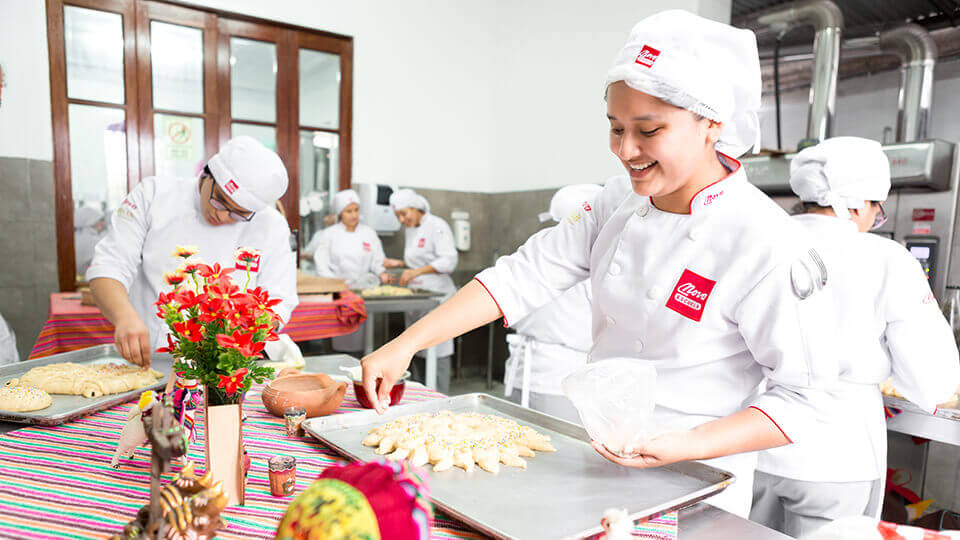
[ms-protect-content id=”4069,4129″]
Could you tell us about the San Román Foundation and the Nova School?
It is both gratifying and important for Irene and me to give back to our neighbours and the community. We have supported numerous projects that are currently successful and self-sustainable in different fields: education, food and nutrition, social reintegration, entrepreneurship, and agriculture and livestock.
The San Román Foundation offers training, support and guidance enabling people to create opportunities for themselves, achieve personal fulfilment and serve as an example for their community. At the Nova School, we empower our students by awakening their entrepreneurial spirit and showing them how they can achieve independence and business success.
One of the most rewarding projects of the San Román Foundation is the support we offer to a school that provides education and quality food to 1200 students in a low-income area. In this school, we run a bakery and pastry workshop to supplement the students’ diet and overcome the anaemia rates registered among some of them while also teaching them how to prepare food. The students who graduate from this school are happy young people with solid values. In the 30 years of existence of this school, many of them have become successful professionals in different fields, and 288 students are currently enrolled at universities and higher education institutes around the world.
This project demonstrates that knowledge and values are fundamental to the development of any human being. Honest work carried out with passion is the only way to make dreams come true, and we want those dreams to be big. There are no limits to what someone can learn or accomplish.
That is an important message for the next generation. What is it like for you to have your children involved in the family business?
For Irene and me, it’s of vital importance that this family effort transcends generations. It’s not easy, however. Each of our children has a distinct point of view on the subject, but we are close to an understanding.
We are currently in the process of consolidating as a business family. Our children are preparing to be shareholders and directors of the companies that constitute the group we have formed. Irene and I hope that the legacy of our organisational model will be one of commitment to solid and sustainable social responsibility. We firmly believe that the only way for the business sector to contribute to the human development of our country is based on these actions.
All five of our children are professionals. Of our four daughters, one is a mechanical engineer specialising in aeronautics, one has a brilliant commercial project with her husband, another is a lawyer and the director of the Nova School, and still another is a gifted administrator and accountant. Our son is an industrial engineer who enjoys the financial side of business. All our children offer valuable advice to us and each other. We are an integrated family team. As a parent, there is no greater satisfaction than seeing my children working together.
[/ms-protect-content]


